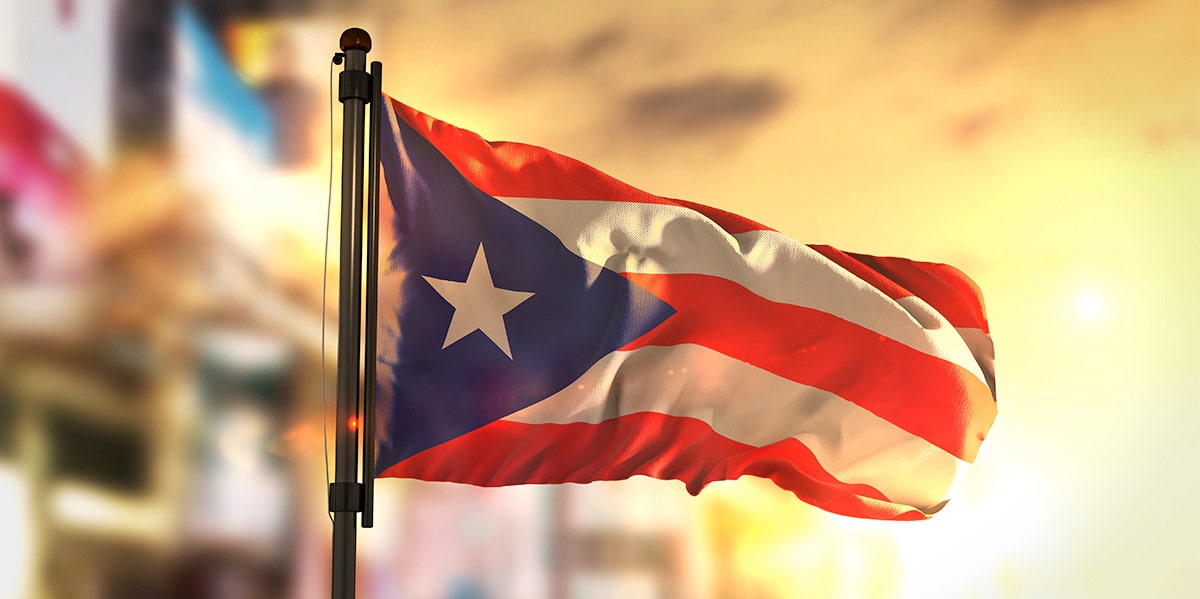How Puerto Rican Women Of The Young Lords Party Challenged Machismo Culture
The women of the Young Lords Party represented themselves and their experiences unapologetically.
 Natanael Ginting / Shutterstock
Natanael Ginting / Shutterstock Inspired by the Black Panther Party, The Young Lords Party was a Puerto Rican nationalist organization that fought for the rights and independence of Puerto Ricans, Latinx folks and Third World people.
The YLP primarily organized around the issues of police brutality, poverty bilingual education and instruction of Puerto Rican culture and history in schools.
The YLP started out as a street gang in Chicago in 1959 founded by Jose “Cha Cha” Jimenez, but after the death of Manuel Ramos by an undercover police officer, the YLP radicalized and transformed into a political organization.
The YLP would eventually branch out to the East Village, El Barrio and the South Bronx in NYC in July of 1969, where large concentrations of Latinx people were living.
Throughout history, the YLP worked to improve living conditions and create spaces for food dispensaries, free medical services and evening arts programming for the community.
The YLP did a lot of great work in the community, but within the YLP, there was growing tension between the men and women of the YLP.
Women of the YLP made up about one-third of the party but were still treated as second-class citizens.
Women in the YLP were often stuck doing the grunt work of the party, such as running to get coffee, typing letters or preparing food. This was frustrating, as many women of the YLP had left school or work to become full-time activists. This was also a reflection of machismo culture prevalent within the organization.
Machismo is defined as a “strong sense of masculine pride”, or in other words, is toxic masculinity within the Latinx community.
Machismo shrouded a lot of existing tensions within the YLP but opened the doors for conversations that needed to be had within the organization about LGBTQ rights and women’s equality.
The women of the YLP were unafraid and vocal about their thoughts and experiences within the YLP as women of color.
They challenged machismo culture and kept fighting for women's equality.
Simultaneously, the feminist movement was growing and called for the examination of women’s roles. During the examination of women’s roles within the YLP, Denise Oliver was elected as the first woman of the Central Committee in May of 1970.
Also that year, a Puerto Rican woman named Carmen Rodriguez died because of a legal abortion procedure performed by an overworked medical intern at Lincoln Hospital.
This led to the creation of a public document created by the YLP: the Position Paper on Women. This document explored the oppression of women within capitalism and uplifted the experience of poor women of color.
Most importantly, this document condemned the state-sponsored forced sterilization of Puerto Rican women within the eugenics movement. Statistics showed that one in every three Puerto Rican women was sterilized.
Later that year, a women’s union was founded along with the publishing of La Luchardora (the Female warrior), a short-lived newspaper.
Reform to the 13 Point Program and Platform of the Young Lords Party also came about. The 10th point stated, “We want equality for women. Machismo must be revolutionary ... not oppressive”.
This reform still drew criticism from the women of the YLP, stating that it still kept the gender hierarchy intact within the YLP. Eventually, the point would be edited to say “Down with Machismo and Male Chauvinism!”
Eventually, The gay caucus was founded and the YLP formally adopted a policy against gender discrimination and sexual misconduct. The YLP even joined forces and marched with Sylvia Rivera, a well-known Puerto Rican and Venezuelan LGBTQ activist.
According to Iris Morales, one of the women leaders of the YLP, “We do everything that the brothers do. The only thing that we do that they don’t is have babies."
The women of the YLP constantly challenged the culture of the YLP and felt that they could not create a revolution without first examining themselves. They ensured the YLP was moving in a progressive direction that aligned with their political ideologies. It was a “revolution within a revolution.
Angelique Beluso is a sex educator and writer who covers feminism, pop culture and relationship topics. Follow her on Instagram at @ArtistNamedAngelique.
